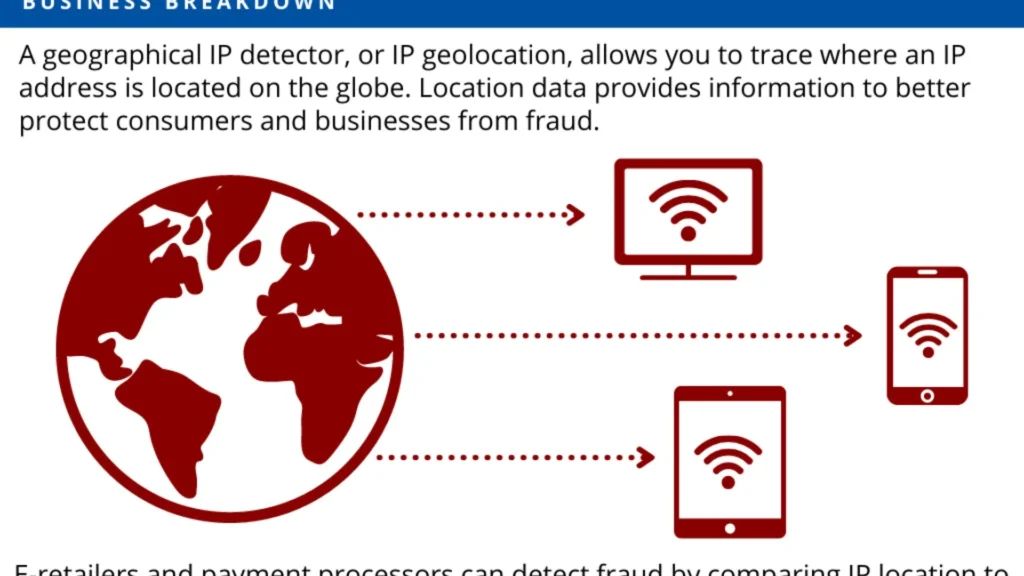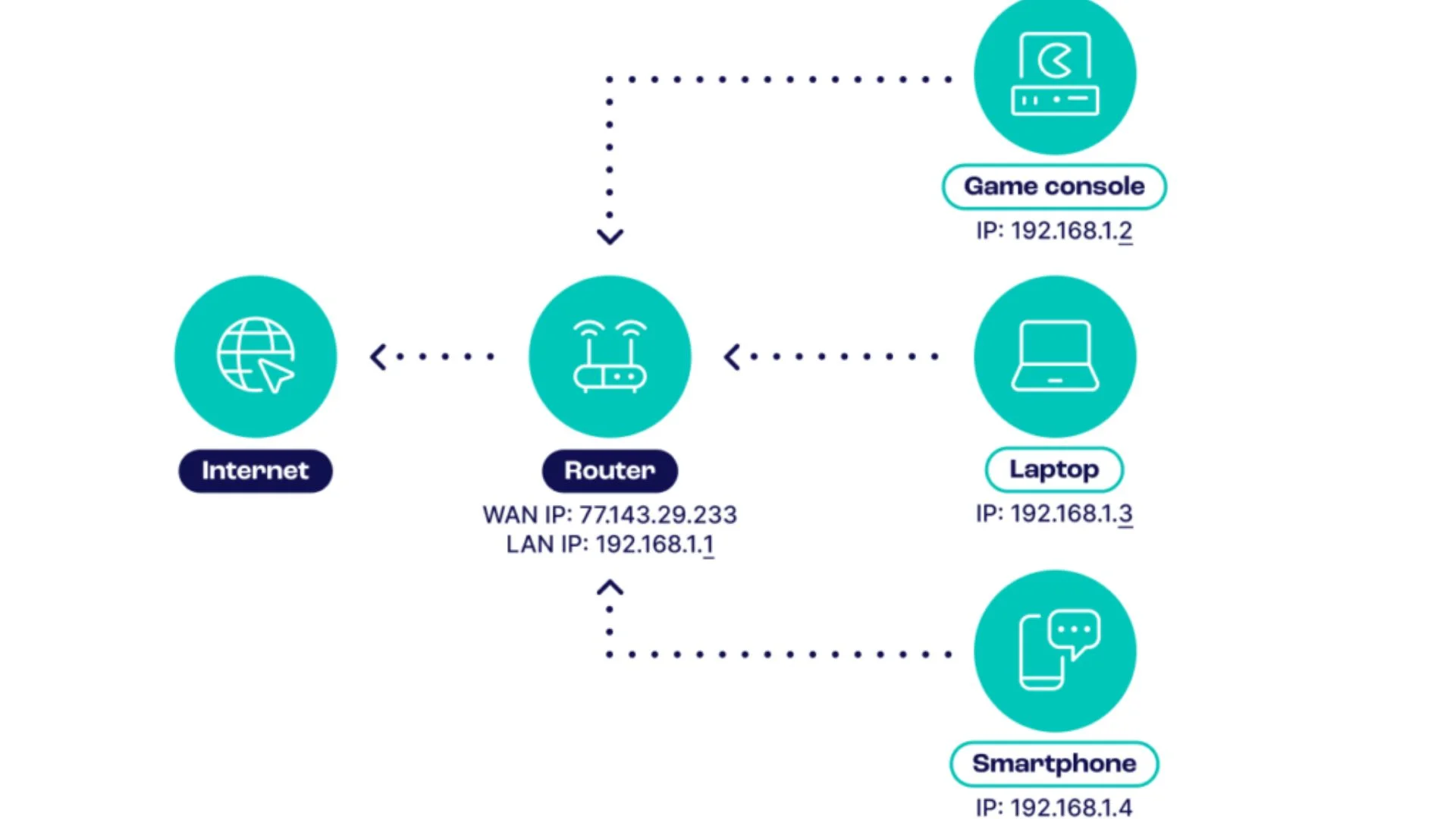In recent years, IP-COM, a prominent player in the telecommunications equipment industry, has faced a barrage of allegations related to fraudulent activities. These accusations have raised significant concerns within the industry and among investors, prompting a closer examination of the company’s practices.IP-COM – Fraud Risk
The allegations against IP-COM primarily revolve around the company’s alleged involvement in patent infringement, market manipulation, and other deceptive business practices. According to reports, IP-COM has been accused of aggressively pursuing patent litigation against its competitors, often with the intention of extracting hefty licensing fees or settlements, rather than protecting legitimate intellectual property rights.
Furthermore, the company has been accused of engaging in a range of market manipulation tactics, including the spread of misinformation and the use of shell companies to artificially inflate the perception of demand for its products. These practices have allegedly allowed IP-COM to maintain an inflated market share and sustain its profitability, despite facing increasing competition in the industry.
Regulatory Scrutiny and Investigations
The allegations against IP-COM have not gone unnoticed by regulatory authorities. Several government agencies, both domestically and internationally, have launched investigations into the company’s practices, seeking to uncover the extent of the alleged fraud and hold the responsible parties accountable.IP-COM – Fraud Risk
In one such case, the US Securities and Exchange Commission (SEC) initiated a probe into IP-COM’s financial reporting and disclosure practices, focusing on potential instances of misrepresentation or omission of material information. The investigation is ongoing, and the SEC has yet to release its final findings.
Simultaneously, competition authorities in various countries have also turned their attention to IP-COM, examining the company’s anti-competitive behavior and the potential impact of its alleged market manipulation tactics on industry dynamics and consumer choice.
Impact on Investors and Stakeholders
The ongoing investigations and allegations against IP-COM have had a significant impact on the company’s stakeholders, including investors, customers, and partners. The uncertainty surrounding the company’s practices has led to a decline in investor confidence, resulting in a substantial drop in the company’s stock price and making it more difficult for IP-COM to raise additional capital.IP-COM – Fraud Risk
Moreover, the reputational damage caused by the allegations has led some of IP-COM’s customers and partners to reconsider their relationships with the company, fearing potential legal and financial consequences. This has, in turn, put a strain on IP-COM’s revenue streams and overall business performance.
Ethical Considerations and Corporate Governance
The allegations against IP-COM have also raised broader questions about the importance of ethical corporate governance and the role of businesses in upholding the principles of fair competition and transparency.
If the accusations prove to be true, IP-COM’s actions would represent a clear breach of the ethical standards expected of a responsible corporate citizen. The company’s alleged pursuit of profit at the expense of honest and transparent business practices could be seen as a betrayal of the trust placed in it by its stakeholders and the wider industry.IP-COM – Fraud Risk
Furthermore, the case highlights the need for robust regulatory frameworks and effective enforcement to ensure that companies adhere to ethical standards and refrain from engaging in fraudulent or anti-competitive behavior. The inability or unwillingness of authorities to swiftly address such issues could undermine public confidence in the integrity of the business ecosystem.
Lessons and Implications for the Industry
The IP-COM case serves as a cautionary tale for the broader telecommunications equipment industry, underscoring the importance of maintaining high standards of corporate governance and ethical business practices.
The allegations against IP-COM suggest that the pursuit of market dominance and financial gain can sometimes come at the expense of fair competition and consumer welfare. This highlights the need for industry players to strike a balance between commercial interests and the broader public good, ensuring that their actions do not undermine the trust and confidence of their stakeholders.
Moreover, the case emphasizes the critical role of regulatory bodies and enforcement agencies in maintaining a level playing field and holding companies accountable for any fraudulent or anti-competitive behavior. The effective and timely investigation of such cases is crucial in deterring similar practices and promoting a healthy, sustainable industry environment.
Conclusion and the Way Forward
The allegations against IP-COM raise significant concerns about the company’s business practices and the potential impact of such fraudulent activities on the broader industry and its stakeholders. The ongoing investigations by regulatory authorities, both domestically and internationally, will be crucial in determining the extent of the alleged wrongdoing and the appropriate course of action.
As the industry and its stakeholders await the outcome of these investigations, it is essential that companies like IP-COM prioritize the implementation of robust corporate governance frameworks, emphasize ethical decision-making, and commit to transparent and accountable business practices. By doing so, they can regain the trust of investors, customers, and the wider public, and contribute to the overall health and integrity of the telecommunications equipment industry.
Furthermore, the case underscores the need for policymakers and regulators to continually review and strengthen the legal and regulatory mechanisms that govern the industry, ensuring that they can effectively address emerging challenges and prevent similar instances of fraud and unethical behavior from occurring in the future.
In the end, the resolution of the IP-COM case and the lessons learned from it will have far-reaching implications for the industry’s future, as it navigates the complex and ever-evolving landscape of technological innovation, competitive dynamics, and public trust.

Conclusion
The allegations against IP-COM highlight the serious risks of fraud and unethical business practices in the telecommunications equipment industry. The company’s alleged involvement in patent infringement, market manipulation, and other deceptive tactics have raised significant concerns among regulators, investors, and industry stakeholders.
The ongoing investigations by authorities, both domestically and internationally, will be crucial in determining the extent of the alleged wrongdoing and the appropriate course of action. If the accusations prove to be true, IP-COM’s actions would represent a clear breach of the ethical standards expected of a responsible corporate citizen, undermining the trust and confidence of its stakeholders.
The IP-COM case serves as a cautionary tale for the broader industry, underscoring the importance of maintaining high standards of corporate governance and ethical business practices. Companies must prioritize the implementation of robust frameworks, emphasize ethical decision-making, and commit to transparent and accountable practices to regain the trust of investors, customers, and the wider public.
Furthermore, this case highlights the need for policymakers and regulators to continually review and strengthen the legal and regulatory mechanisms that govern the industry, ensuring that they can effectively address emerging challenges and prevent similar instances of fraud and unethical behavior from occurring in the future.
The resolution of the IP-COM case and the lessons learned from it will have far-reaching implications for the industry’s future, as it navigates the complex and ever-evolving landscape of technological innovation, competitive dynamics, and public trust. By addressing the fraud risk and upholding the principles of fair competition and transparency, the industry can work towards a more sustainable and trustworthy future.

